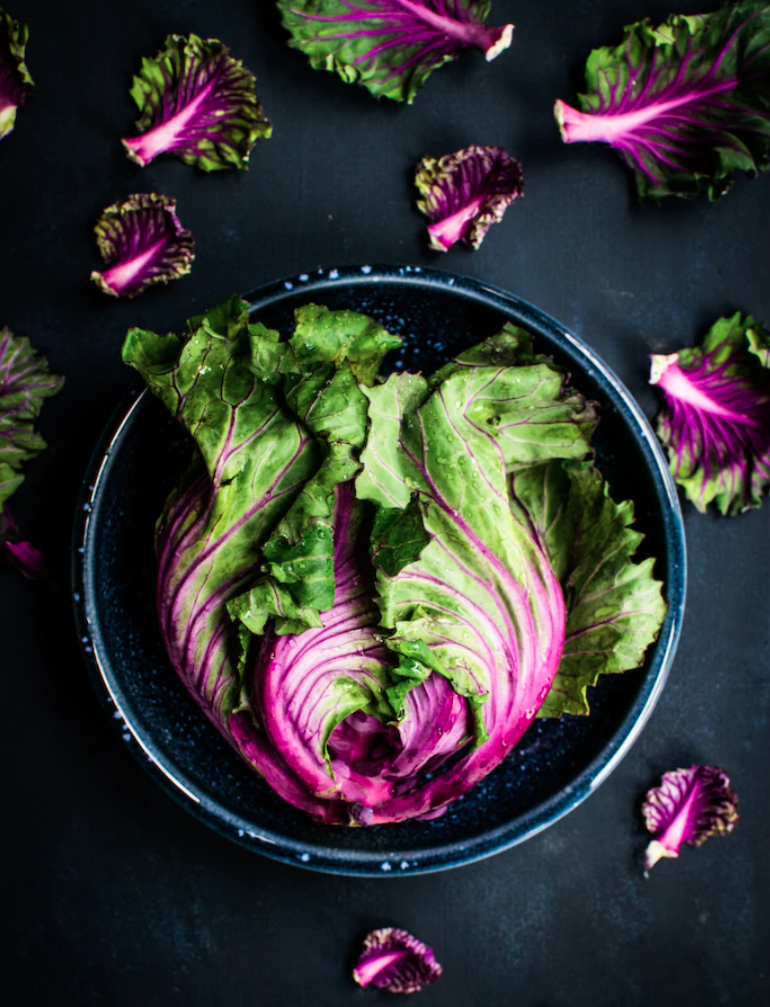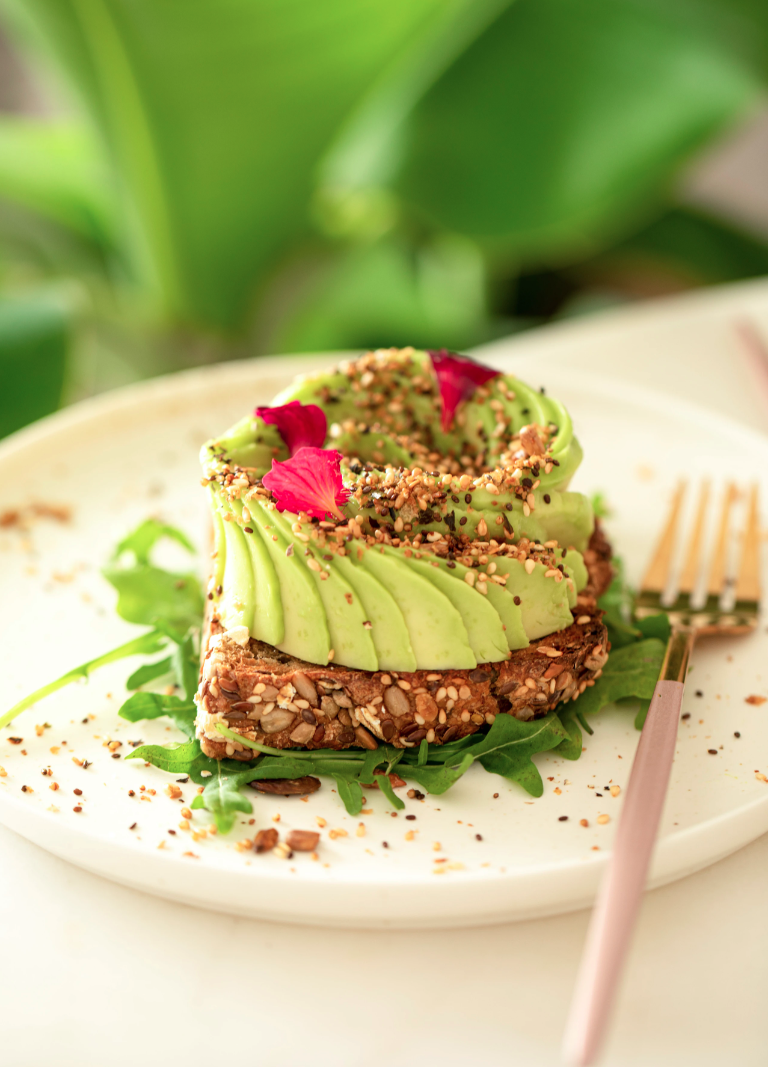What Is the Vegan Diet?
The team of professional panelists from U.S. News has evaluated this diet.
Both vegetarians and vegans abstain from eating meat, fish, and fowl. Vegans, however, take a step farther and cut out all animal products from their diets, including dairy and eggs.
Refried beans with lard, whey-based margarine, and products containing gelatin—which derives from animal bones and hooves—must be avoided if you follow a vegan diet.
In the US, plant-based diets are growing in acceptance. According to a 2017 study, 6% of Americans now identify as vegans, up from 1% in 2014. That’s fantastic news for consumers looking for vegan options for a range of goods at their local grocery store and restaurants.
How does the vegan diet function?
The internet is a great resource for starting a vegan diet, and there are innumerable books that provide organized vegan meal plans and recipes.
The Forks Over Knives Plan is a fantastic place to start for those who are new to veganism. It uses numerous research to support its information and provides straightforward answers to many often asked issues about foods, exercise, and even vegan pregnancy.
Here are some pointers for beginning a vegan diet:
- You don’t have to quit everything overnight. You may begin by making a few meatless meals per week and add more options over time, such as tofu in place of chicken in stir-fries or veggie burgers in place of beef.
- Increase your workout regimen and consume less calories than your daily advised maximum if you also want to lose weight.
- Your meals should include vegetables. Filling up on vegetables can provide you with a lot of vitamins and fiber, both of which can help you feel satiated. An excellent way to start the day is with a vegan breakfast.
“The Plant-Powered Diet” is another book by certified dietician Sharon Palmer.

Will a vegan diet aid in weight loss?
You have a decent possibility of losing weight if you follow a vegan diet.
If you’re eating a healthy diet, which includes plenty of fruits, vegetables, and whole grains, you’ll probably feel satisfied on fewer calories than you’re supposed to consume each day. You will undoubtedly lose weight if you create that “calorie deficit” and engage in some little exercise. You decide how soon and whether to keep them off.
Here are some major findings from many studies on veganism:
- According to research reported in Science Daily in January 2021, young people’s metabolisms are considerably altered by a vegan diet. Researchers in Helsinki looked at 40 healthy kids who ate vegan, vegetarian, or omnivorous diets. Despite receiving monthly vitamin D supplements and having blood samples taken in the late summer, researchers discovered that youngsters on a totally vegan diet had considerably lower vitamin D levels than children who did not follow a particular diet. These kids also have reduced vitamin A levels. They also had low quantities of critical amino acids LDL and HDL cholesterol. Additionally, they have low levels of docosahexaenoic acid, an essential fatty acid for the growth of visual function. “Remarkably high” quantities of folate were found in them.
- A meta-analysis of over 90 studies found that vegetarians and vegans had significantly lower body mass index, total cholesterol, LDL cholesterol, and glucose levels than omnivores. The 2017 Italian study also found a strong correlation between vegetarian and vegan diets and significantly lower incidences of cancer and ischemic heart disease.
- Four low-fat, low-glycemic index diets—vegan, vegetarian, pesco-vegetarian, semi-vegetarian, or omnivorous—were randomly assigned to more than 50 overweight adults. Every participant weighed less. At two and six months, the vegan group, however, had lost the most weight. Additionally, people who were vegan consumed less fat and saturated fat than those who were pesco-vegetarian, semi-vegetarian, and omnivorous.
- The National Cholesterol Education Program diet was followed by the other half of the sample of more than 60 postmenopausal, overweight women (low in fat and dietary cholesterol). Vegan dieters lost 10.8 pounds after a year, compared to the NCEP group’s 3.9 pounds. The pattern maintained after two years, when the vegans were still 6.8 pounds lighter than they were at the outset of the trial, as opposed to 1.8 pounds for the NCEP group, according to data published in 2007 in Obesity.
- Researchers monitored a group of 50 adults who were obese or overweight for six months in a study that was published in Nutrition in 2014. They discovered that those following a vegan diet lost an average of 16.5 pounds, or approximately 4.3%, more weight than those following vegetarian, semi-vegetarian, and omnivore diets. The authors of the study hypothesize that this is because vegan dieters concentrated on high-fiber meals, which keep you fuller for longer, and because their diets were low in fat and probably contained fewer calories.
For more information you can click:
The Best Vegan Cat Foods

